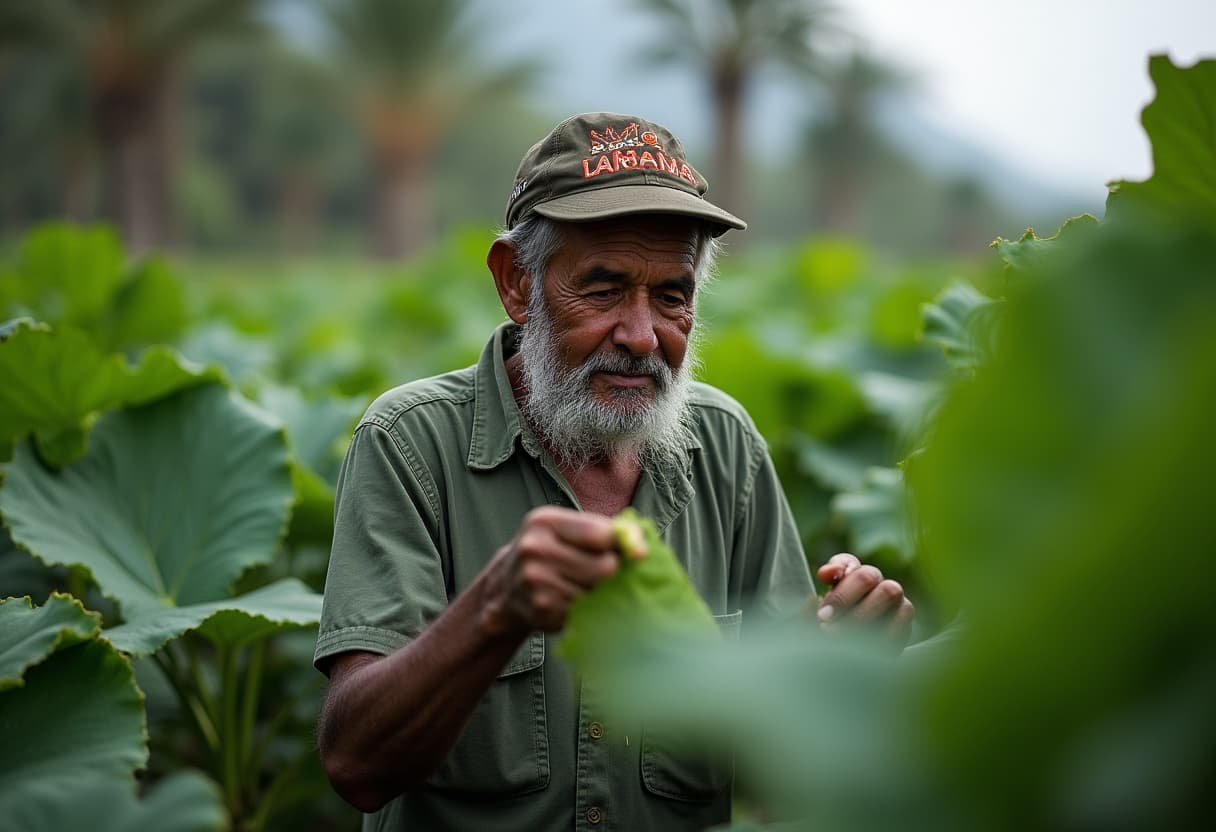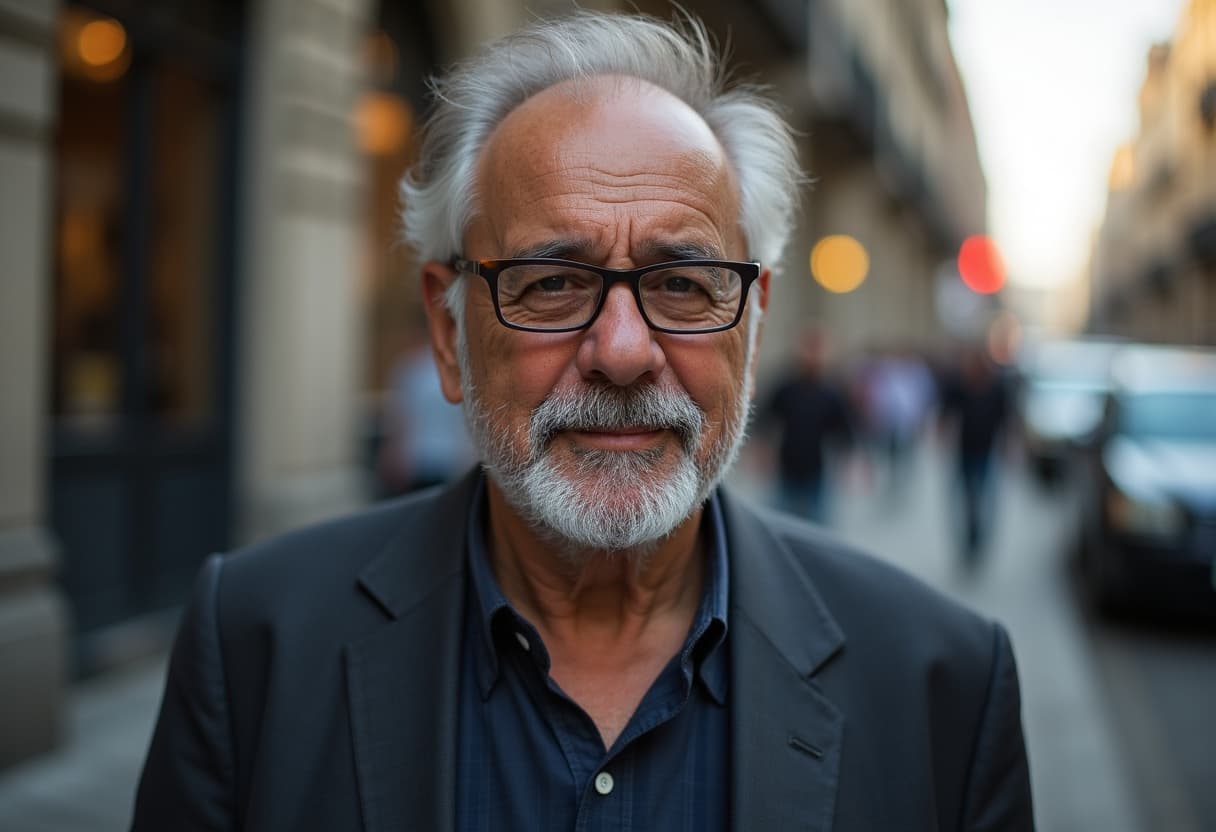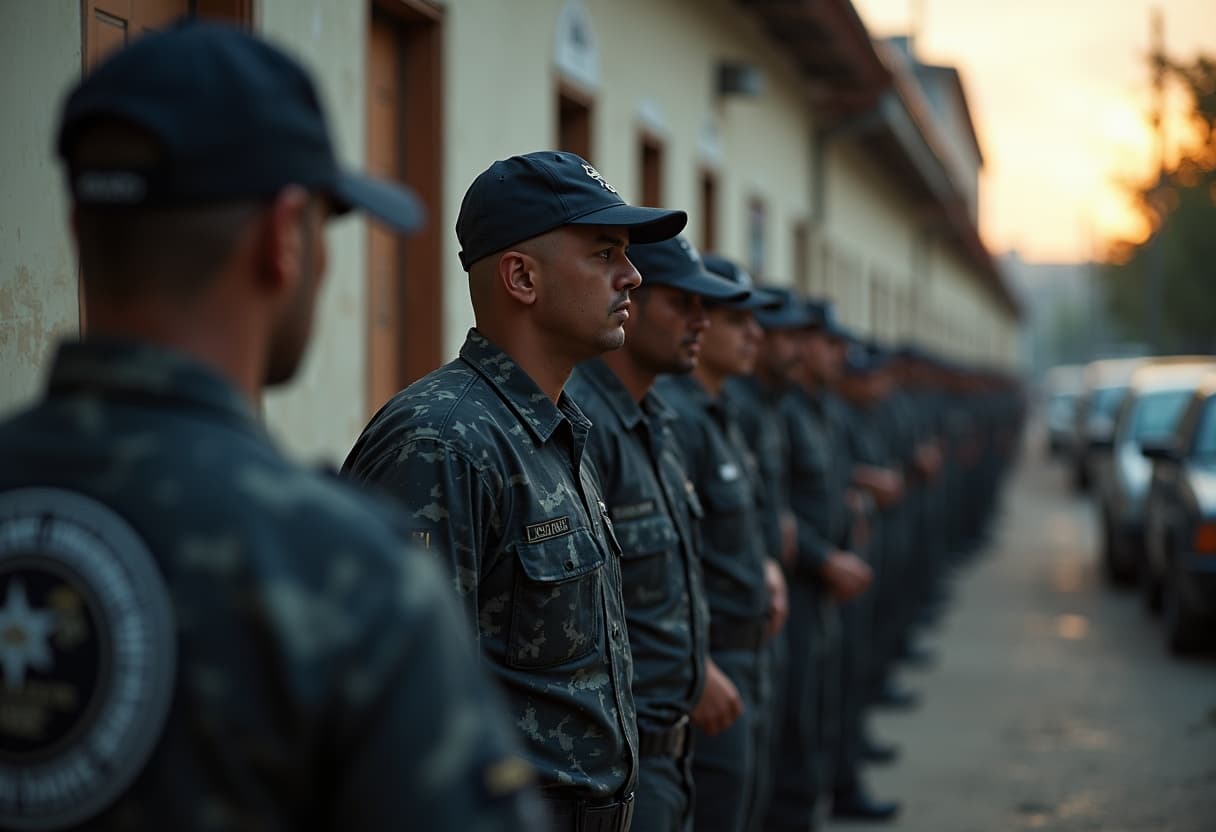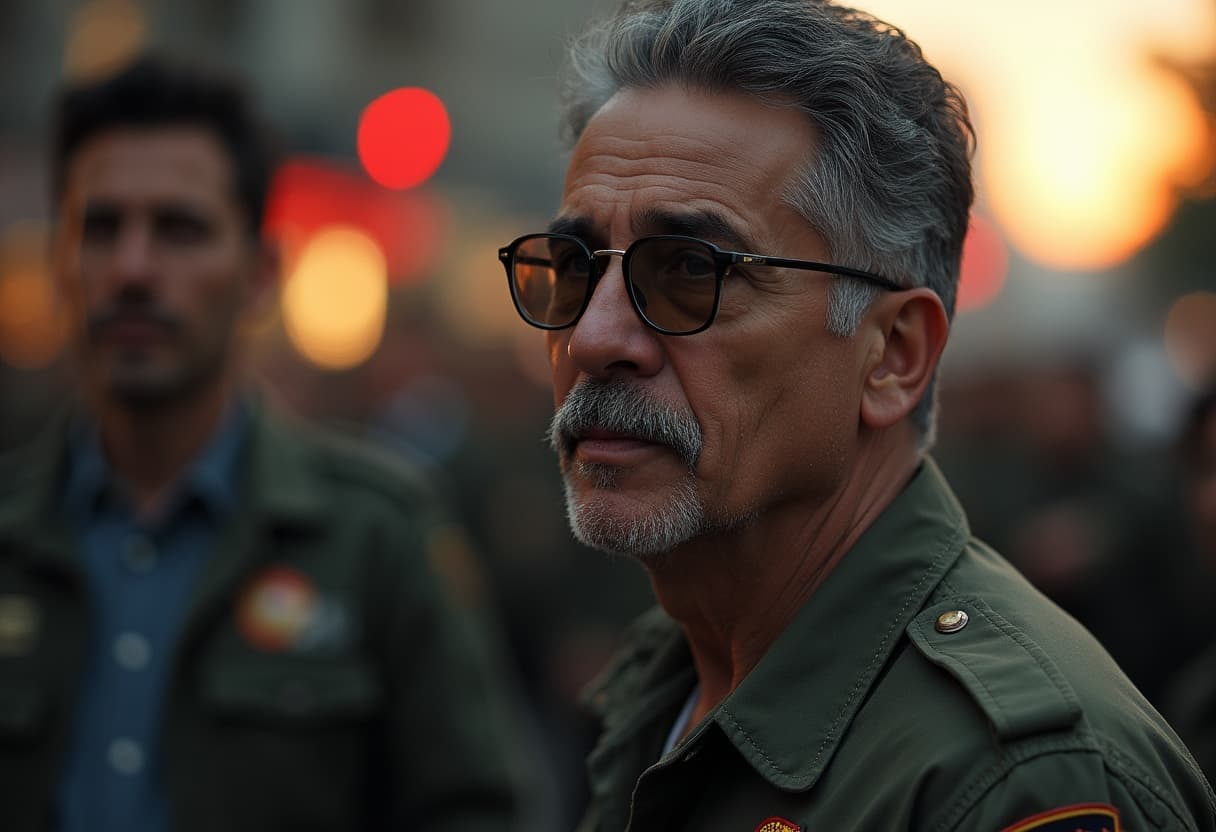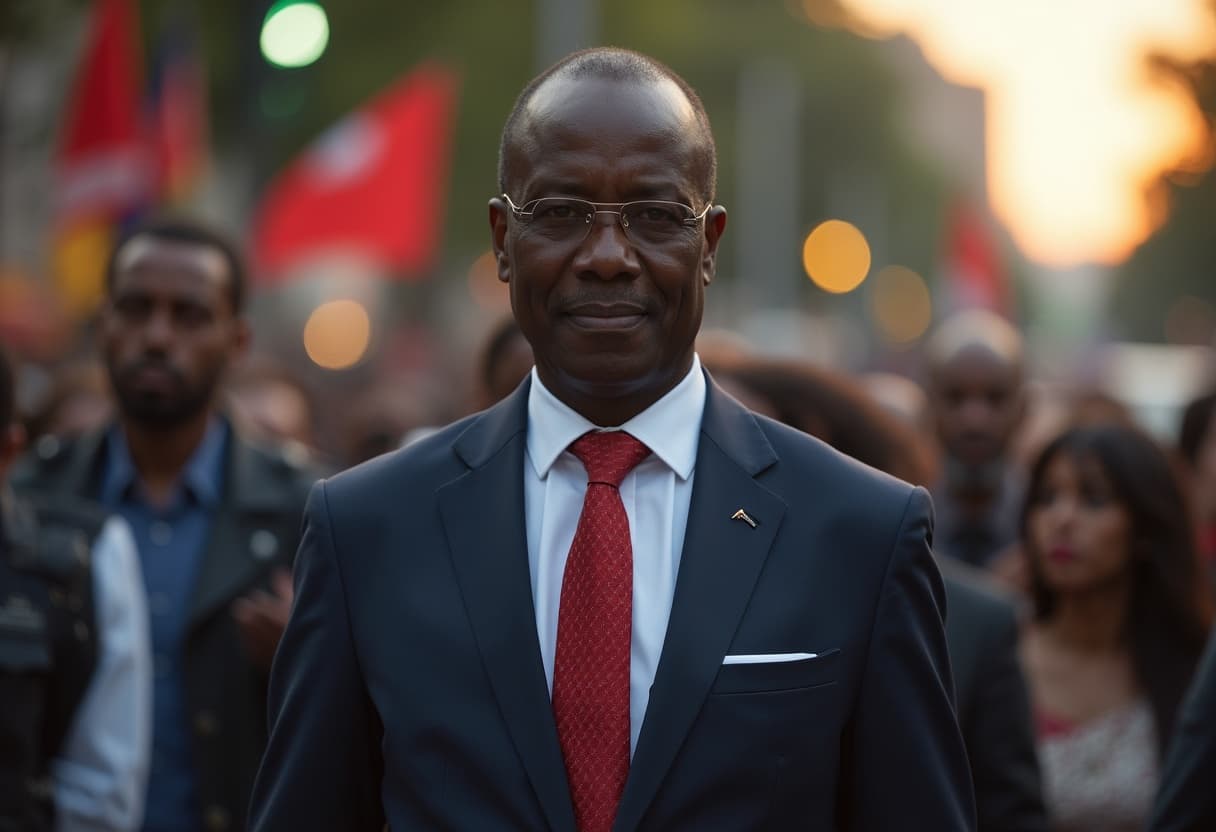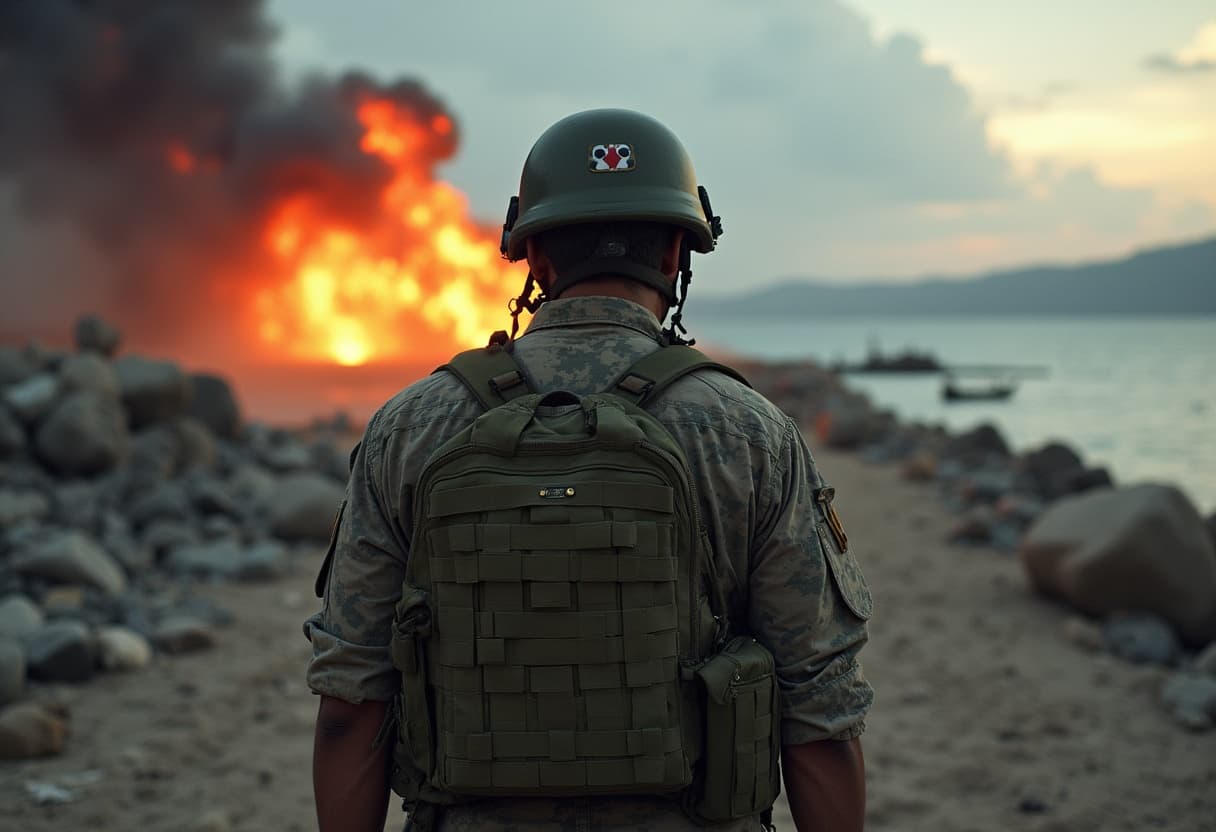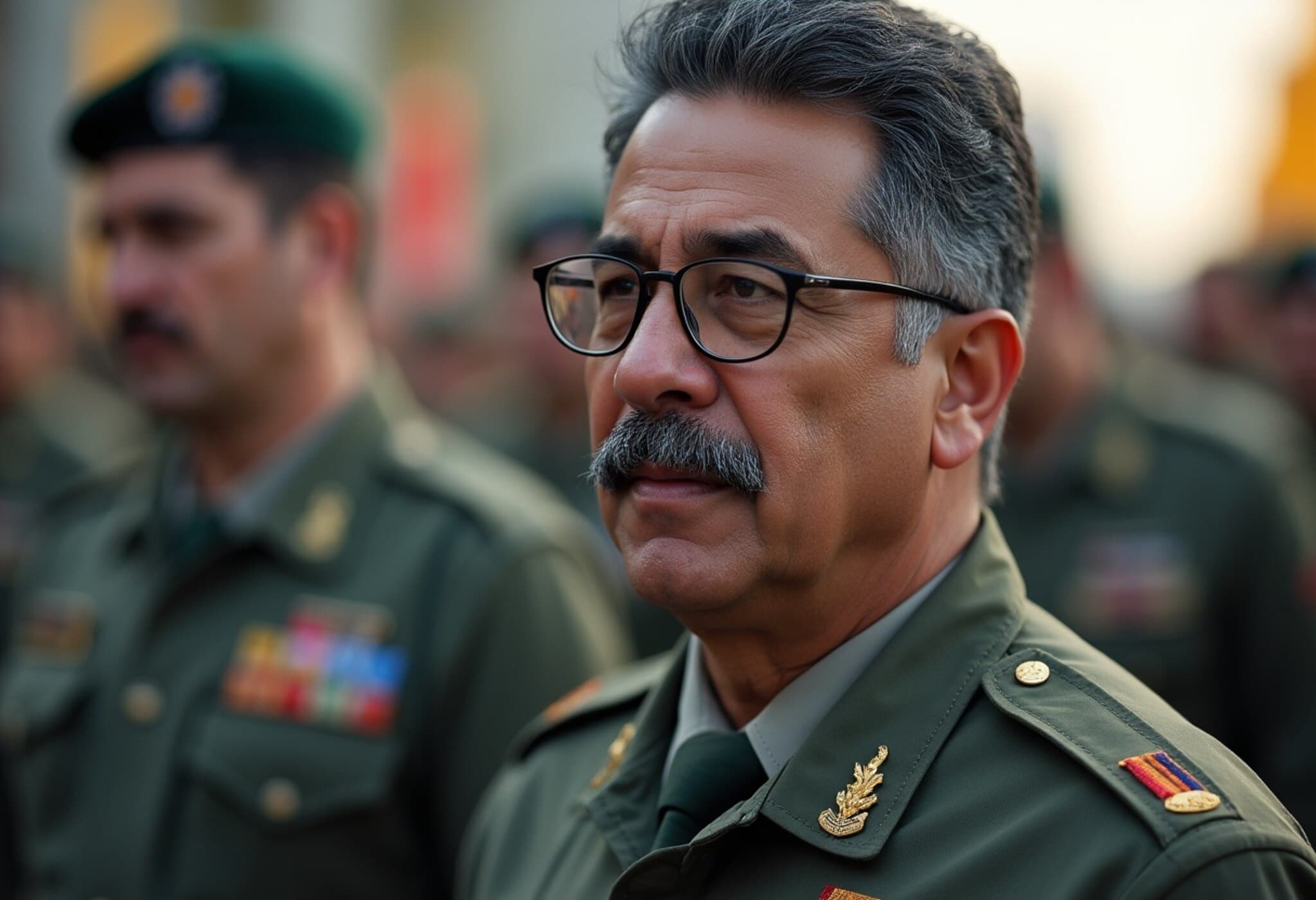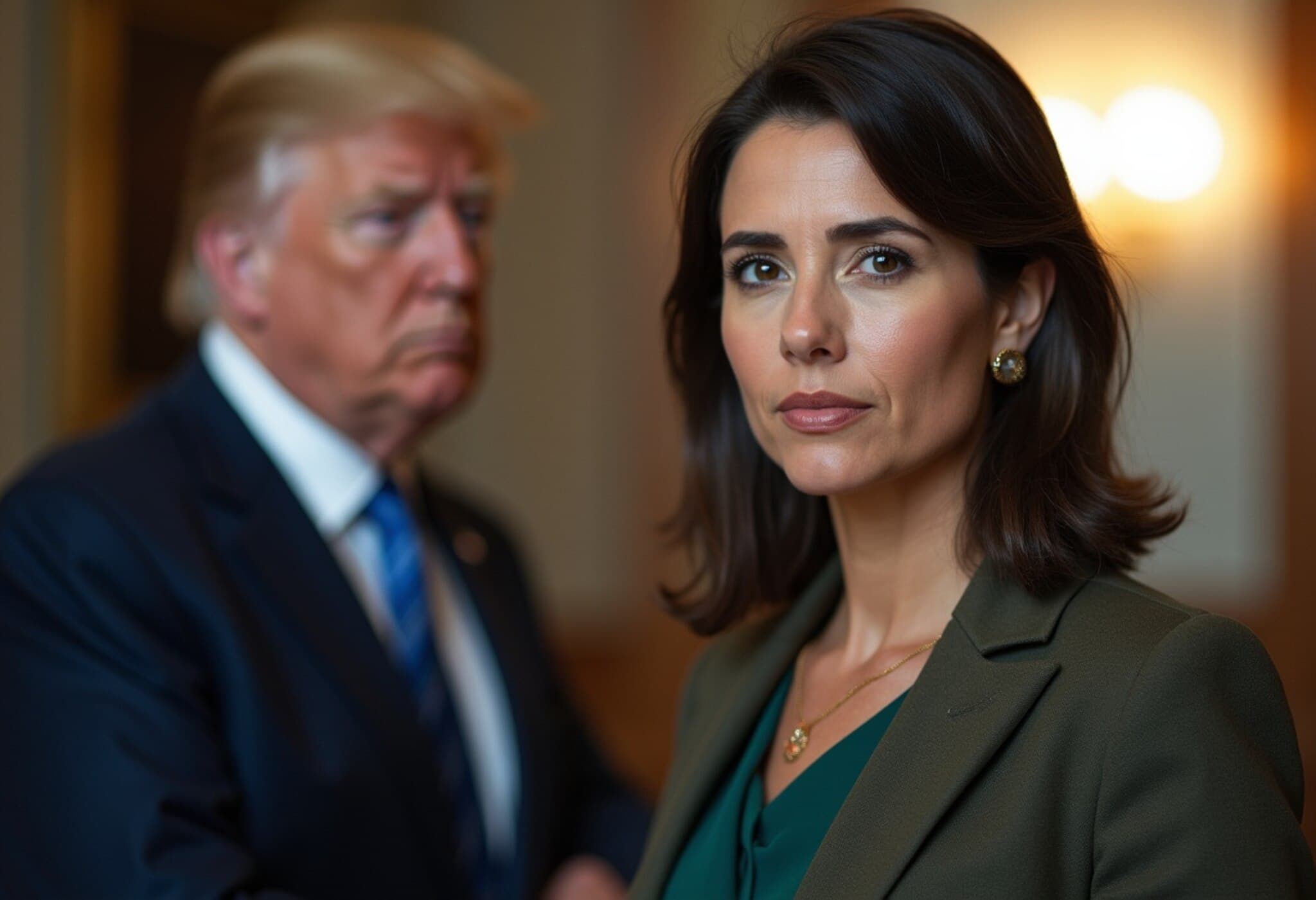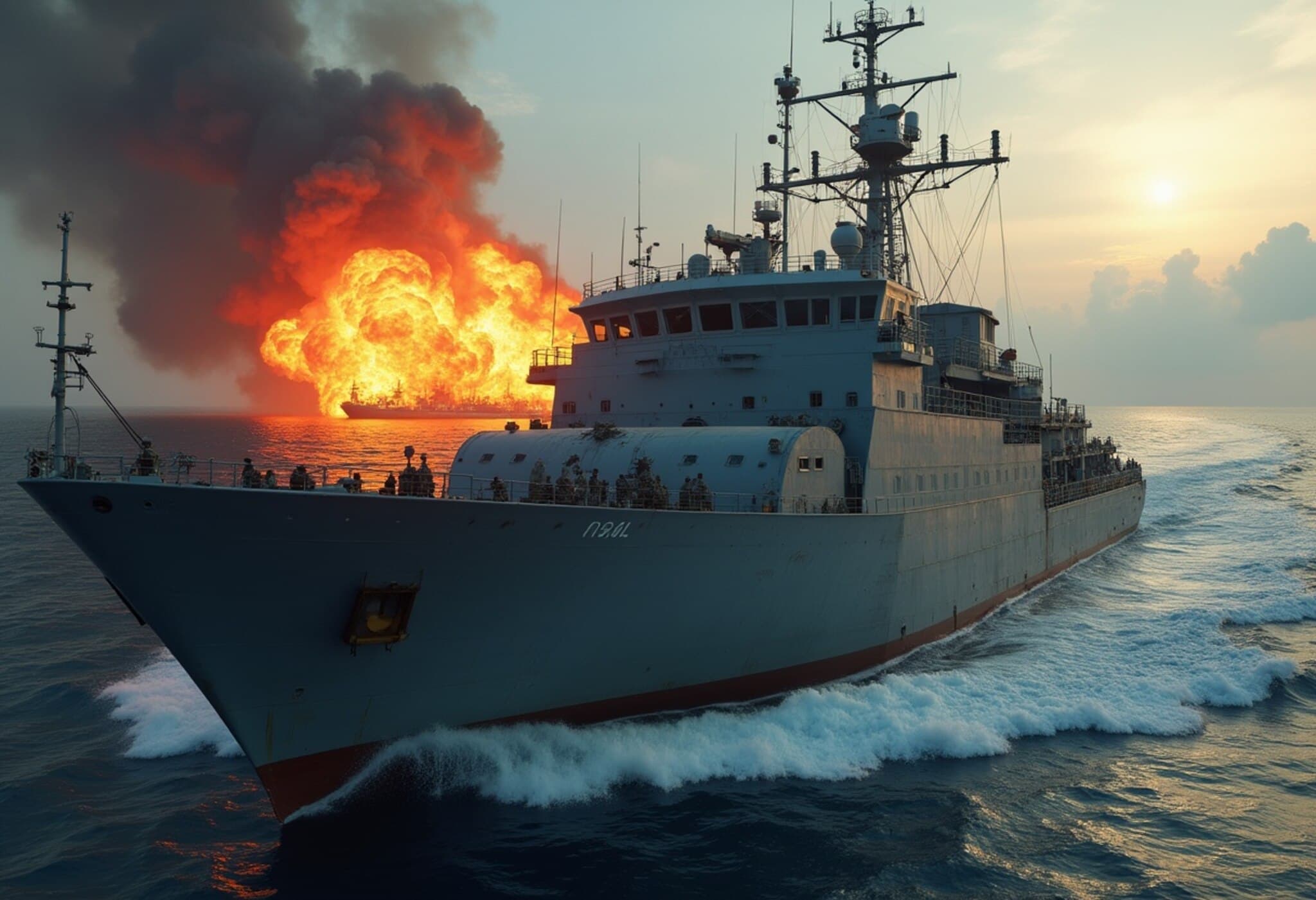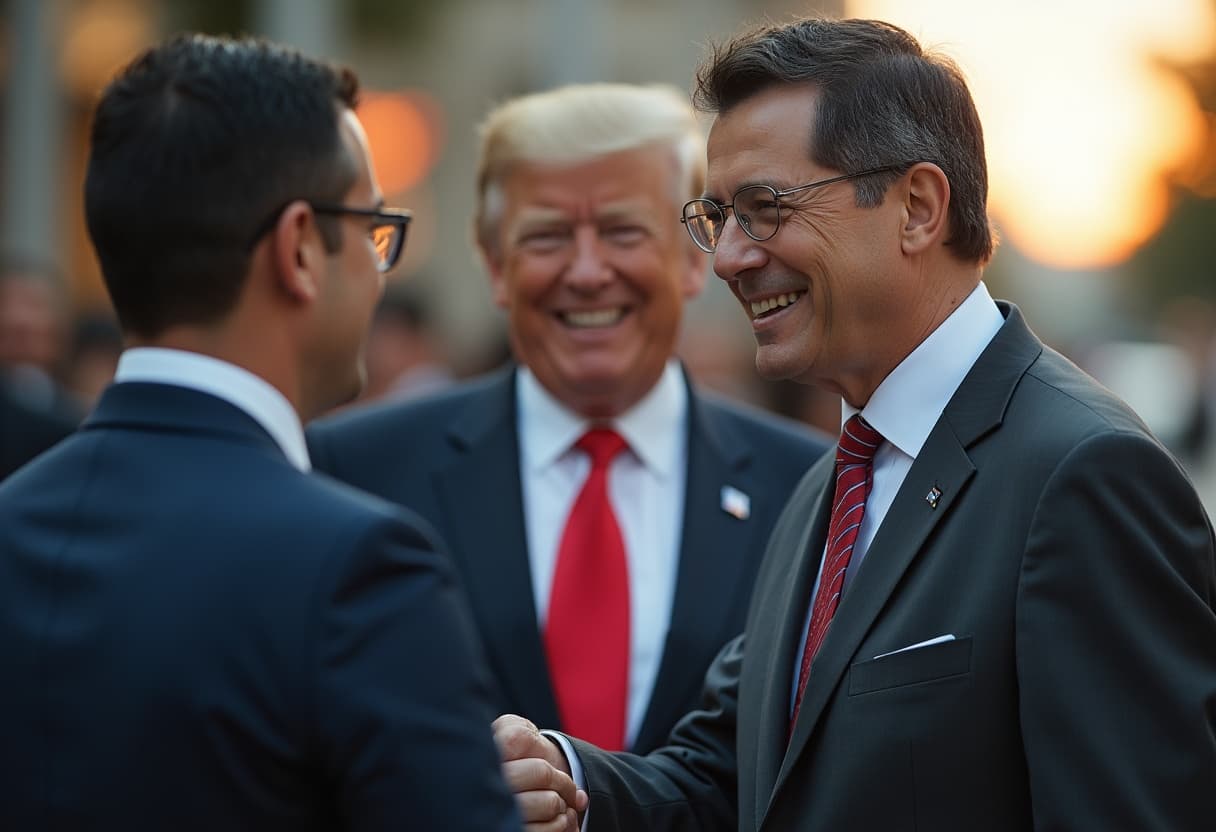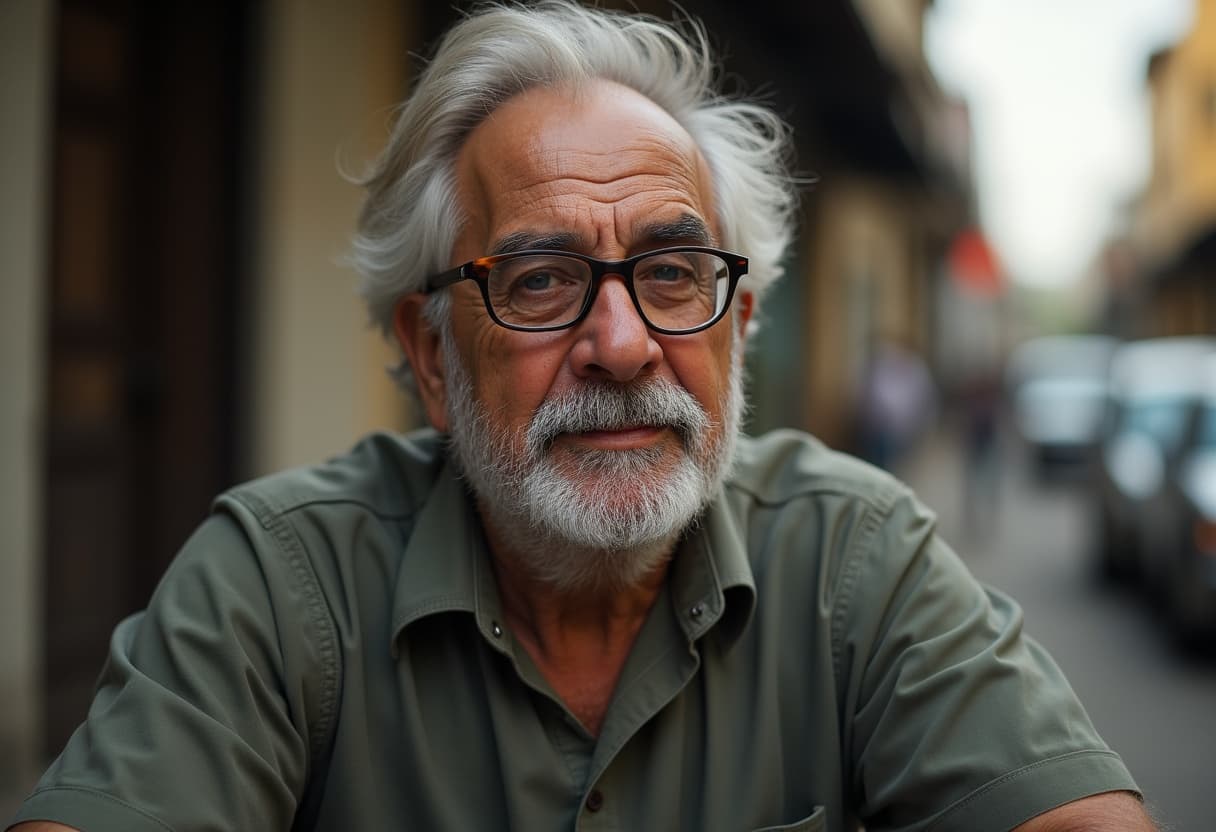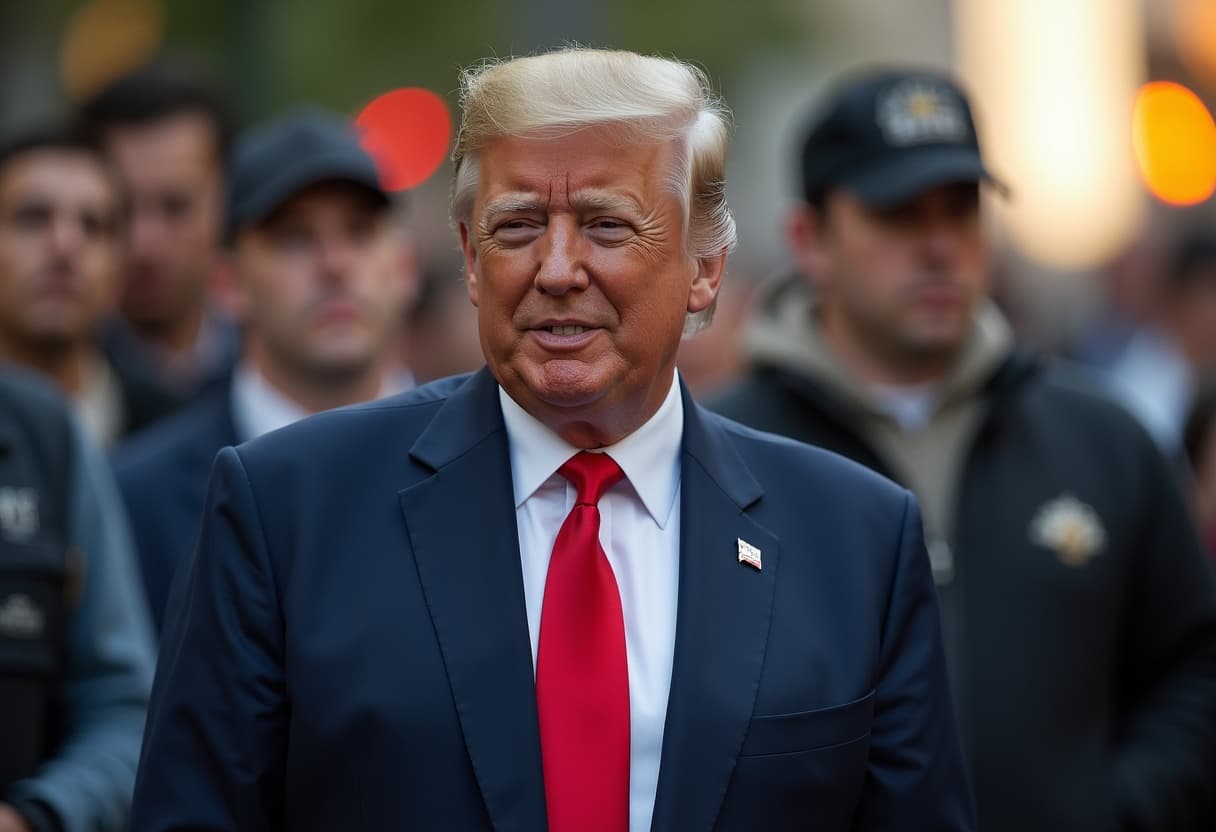Trinidadian Family Identifies Relative Killed in U.S. Military Boat Attack
In a rare public revelation, a family from Trinidad and Tobago has come forward claiming that their relative was among the 27 people killed in recent U.S. military airstrikes targeting suspected drug smuggling vessels in Caribbean waters. The incident has sparked a wave of social media speculation and raised critical questions about the legality and human cost of such operations conducted in international waters.
The Missing Relative: Chad Joseph
Chad Joseph, 26, had been residing in Venezuela and had told his family he planned a brief boat trip back to Trinidad. Weeks later, he has not returned. His mother, Lenore Burnley, expressed her grief and disbelief, stating, “I don’t want to believe that this is my child. Is this really true?” The family’s suspicions grew amid social media posts identifying Joseph as one of six men aboard a vessel destroyed by the U.S. military.
Joseph’s neighbor, known only by the surname Samaroo, reportedly was on the same boat and is also missing, adding another layer of anguish for the family. This public identification marks the first instance where relatives have openly connected a loved one to the fatal strikes, which so far had been shrouded in secrecy by authorities.
U.S. Military Operations and Legal Concerns
The U.S. military acknowledged destroying five vessels suspected of ferrying narcotics into the United States, with a staggering death toll of 27 people. However, the military has not released names or detailed information about those killed. Instead, families have been left piecing together information from circulating rumors and social media posts.
The strikes occurred in international waters near Trinidad’s north coast, an area known as a drug trafficking corridor between Colombia, Venezuela, and the Caribbean. Despite this, Wayne Sturge, Trinidad and Tobago’s defense minister, stated he has not received official confirmation that any nationals were involved and emphasized that his government lacked jurisdiction to investigate the attacks.
Experts and legal professionals have voiced concerns that the U.S. military’s approach—destroying vessels without attempts at interdiction or arrest—may breach international law governing the permissible use of force and the protection of civilians, even when suspects are involved.
Impact on Venezuelan Communities and Regional Politics
The initial strike in early September, which killed 11 individuals, sparked public mourning in Venezuelan coastal towns like San Juan de Unare. However, Venezuelan authorities swiftly suppressed these expressions, cutting off power and deleting social media posts, signaling an intent to control the narrative amid increasing military tension in the Caribbean.
Delcy Rodríguez, Venezuela’s vice president, publicly stated that her government does not know the identities or nationalities of the deceased. Similarly, Colombia’s President Gustavo Petro has acknowledged signs of Colombian casualties but withheld further details.
This silence reflects broader geopolitical concerns, as Venezuela faces increased pressure from U.S. military actions aimed at President Nicolás Maduro’s regime. The ongoing crackdown on information suggests an interplay between domestic control and international diplomacy.
Humanizing the Tragedy
For the Joseph family and others like them, the strikes are not abstract geopolitical maneuvers but deeply personal losses. Chad Joseph’s history as a fisherman who frequently traveled between Trinidad and Venezuela stands in contrast to the military’s portrayal of suspects as drug traffickers. His mother firmly denies his involvement in illicit activities, highlighting the tragic consequences of ambiguous military actions.
Ms. Burnley poignantly remarked on maritime law, emphasizing humane protocols: “The law of the sea calls for the authorities to stop and intercept a boat, not just blow it up.”
Conclusion: Seeking Accountability and Clarity
The recent U.S. military strikes highlight the complex and often fraught intersection of counter-narcotics efforts, international law, and human rights. As families like the Josephs fight to uncover truth and justice, governments in the Caribbean and Latin America grapple with sovereignty, diplomacy, and the repercussions of covert military interventions.
With conflicting narratives and scarce official information, the attacks demand rigorous investigation, transparent reporting, and thoughtful policy review to ensure that efforts to combat drug trafficking do not come at the unacceptable cost of innocent lives.
The tragic deaths resulting from these strikes underscore critical questions about the balance between security and legality in U.S. counter-narcotics strategy. How can military operations in international waters respect international laws and the rights of potential suspects? What mechanisms exist to verify identities and prevent civilian casualties? As we await fuller transparency, these are vital considerations for policymakers, legal experts, and the affected communities.



